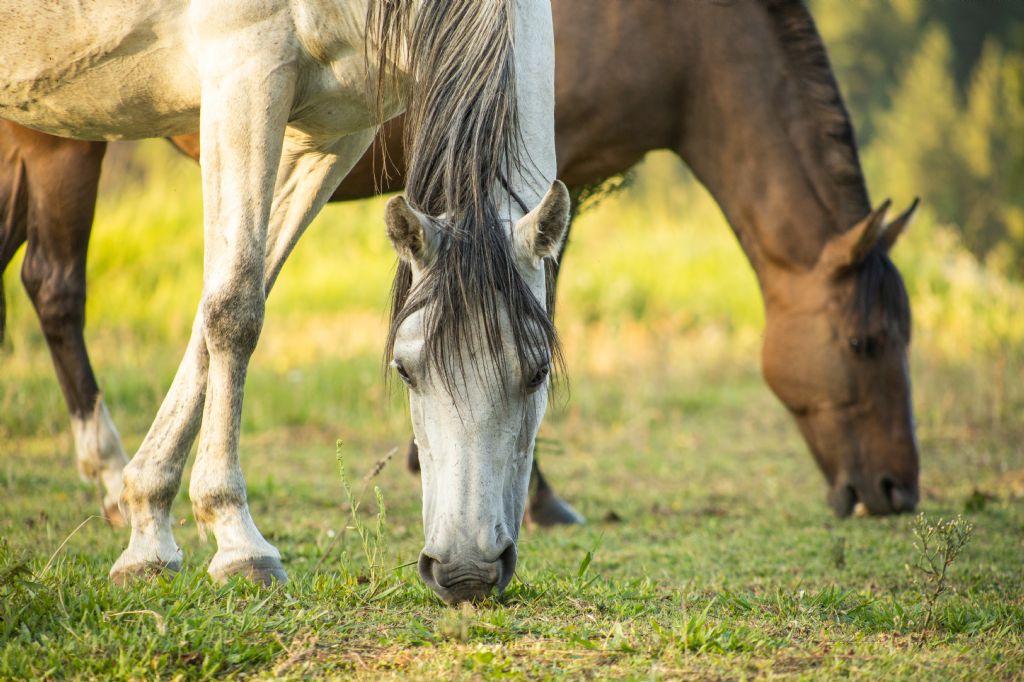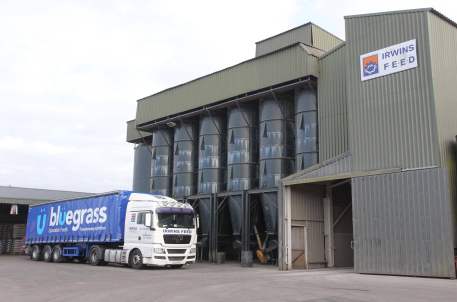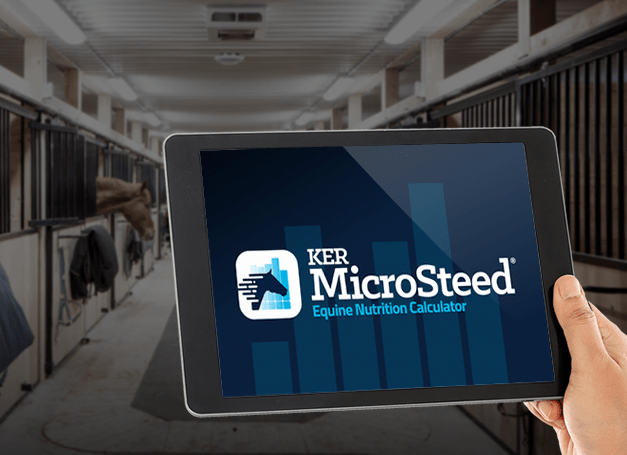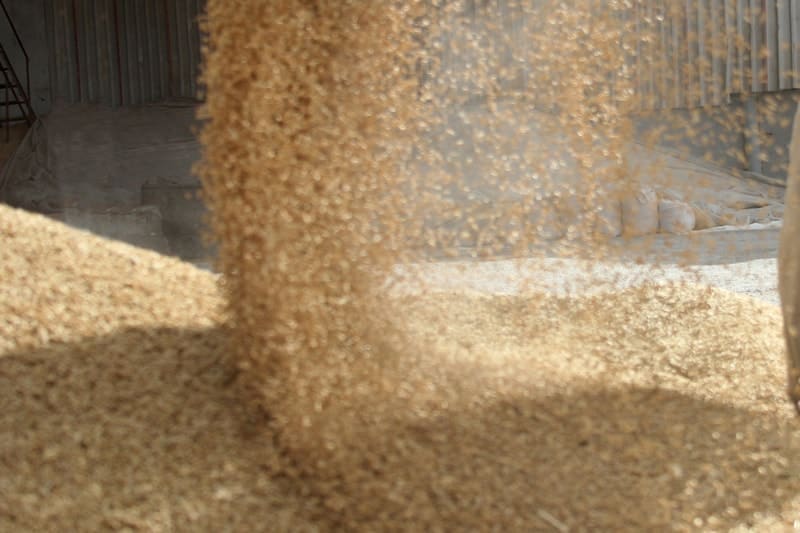Bluegrass News
Human nutrition often advertises the inclusion of prebiotics and probiotics in foods such as yogurts or supplements, designed to support a healthy digestive system. Horses' digestive health is also an essential component to their overall wellbeing and performance and quite often horse feed products will contain both prebiotics and probiotics.
Gut Health
A large part of a horse's diet is fiber-based, digested in the hindgut by a process called microbial fermentation. The micro-organisms responsible for this process, the gut microbiome, are extremely sensitive and so maintaining a healthy environment and population is essential for digestive health. Microbial fermentation produces energy and nutrients supporting the immune system, health, and performance of the horse. Factors such as stress, sudden dietary changes, or medications can impact this delicate balance.
Prebiotics
Prebiotics are non-living, complex carbohydrates and soluble fibres that can not be digested in the small intestine and so require digestion by microbial fermentation in the caecum or colon. They have two main functions; to improve the environment of the “good bacteria” or to limit the number of harmful microbes, known as competitive exclusion.
There are two types of prebiotics commonly included in horse feed products:
1) Fructo-oligosaccharides (FOS) – These provide the current microbes in the gut with energy for reproduction
2) Mannon- oligosaccharides (MOS) – These are originated from yeast cell walls and reduce the number of harmful bacteria by stopping them from “sticking” to the gut wall.
Prebiotics are often included in horse feed products in the form of sugar beet, oat hulls, and soy hulls.
Probiotics
Probiotics are added to food products as live yeast or bacteria, however, there are no approved bacteria that can be added to horse feed products and so live yeast are commonly used. Their main role is to increase the population of “good” microbes, reducing the amount of harmful microbes present and helping to maintain an optimal environment. Probiotics are included in a diet to help improve fibre and protein digestion, increase energy production and mineral absorption.
There are limited studies on the use of probiotics for horses, research is still evolving in this area and so most date comes from ruminant and human studies.
Equine Research
There have been proven benefits of yeast supplementation for horses on low fibre and high starch diets, and recent studies have reported increased feed intake and nutrient digestibility in horses fed a high fibre diet supplemented with yeast cultures, this could be a beneficial finding for “hard to keep” horses. (Salem, A.Z.M. et al)
Two studies completed by Kentucky Equine Research on thoroughbred and quarter horse geldings looked at the effect of yeast culture supplementation on nutrient digestibility;
1) The horses were fed fescue hay and a commercial sweet feed with the supplementation of 10g/day of yeast culture. The results showed an increase in the digestion of dry matter, magnesium, potassium, phosphorus and ash.
2) The second study was similar however with the addition of dicalcium phosphate as sources of phosphorus, they found an estimated true phosphorus digestibility was increased from 19.6% to 24.1% after yeast culture supplementation.
In the case of laminitic prone horses, studies have found they can have an altered bacterial profile or dysfunctional microbiome which can lower the fermentation rate of hay but increase the digestion rate of starch. Supplementation of yeast may help to stable the microbiome and increase hay fermentation whilst decreasing starch digestion.
Both prebiotics and probiotics are included within product throughout the Bluegrass Horse Feed range, formulated and balanced to help promote optimal gut health, enhance digestion and to, support performance, and overall health.
*Kentucky Equine Research (2013). How Does Yeast Supplementation Affect Nutrient Digestibility? - Kentucky Equine Research. [online] Kentucky Equine Research. Available at: https://ker.com/equinews/yeast-supplementation-affect-nutrient-digestibility/
*Salem, A.Z.M., M.M.Y. Elghandour, A.E. Kholif, et al. The effect of feeding horses a high fiber diet with or without live yeast cultures supplementation on feed intake, nutrient digestion, blood chemistries, fecal coliform count and in vitro fecal fermentation. Journal of Equine Veterinary Science.
* Kentucky Equine Research. 2009. Yeast Culture: Value-Added Ingredient in Horse Feeds. https://ker.com/equinews/yeast-culture-value-added-ingredient-horse-feeds/?highlight=yeast












